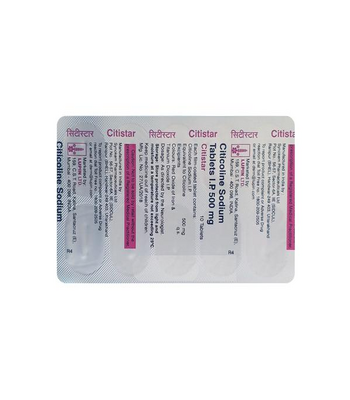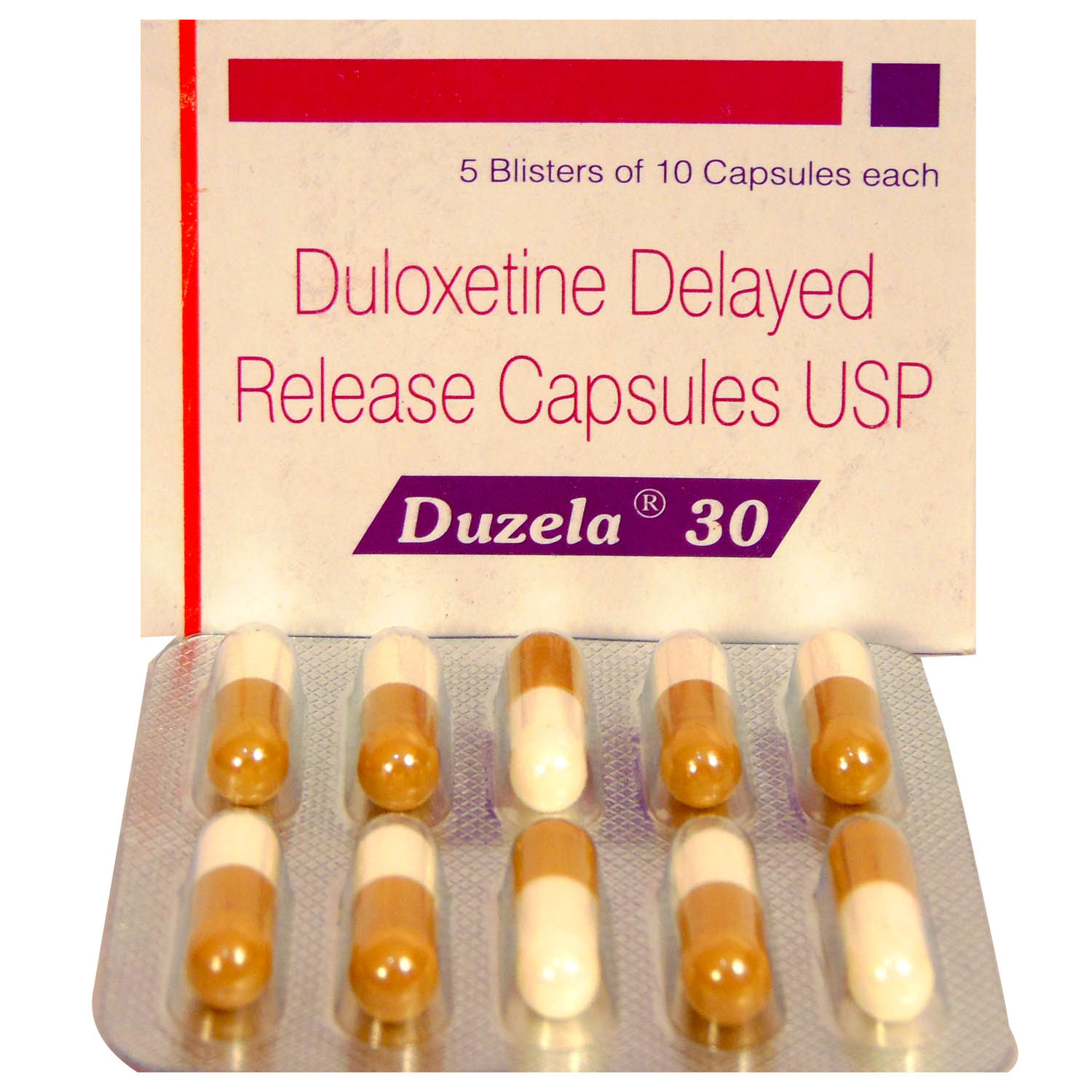Amigaba Tablet 10'S
INR 176.50INR 176.50
Category :
Sub Category :
MG Details :
AMITRIPTYLINE 10MG+GABAPENTIN 300MG
Packing :
10
Mfr by:
Country of Origin:
NA
What AMIGABA is used for?
It is used to treat,
Depression in adults (major depressive episodes)
Neuropathic pain in adults
Chronic tension type headache prophylaxis in adults
Migraine prophylaxis in adults
Bed-wetting at night in children aged 6 years and above, only when organic causes, such as spina bifida and related disorders
Talk to your doctor before taking this medicine, if you:
Are allergic to Amitriptyline and Gabapentin or any of the other ingredients of this medicine
Have had a heart attack (myocardial infarction)
Have heart problems such as disturbances in heart rhythm which are seen on an electrocardiogram (ECG), heart block or coronary artery disease
Have taken moclobemide the day before
Have slow heart rate, heart failure
Have a low level of potassium or magnesium, or a high level of potassium in your blood
Have an over active thyroid gland
Have thoughts of suicide and worsening of your depression, mania, bipolar disorder schizophrenia
Have thoughts about killing or harming yourself
Have narrow angle glaucoma (loss of vision due to abnormally high pressure in the eye)
Have epilepsy, a history of convulsions or fits
Have difficulty in passing urine
Have enlarged prostate
Have severe liver disease
Have diabetes
Have pylorus stenosis (narrowing of the gastric outlet) and paralytic ileus (blocked intestine)
Always take this medicine exactly as your doctor has told you
AMIGABA can be taken with or without food
Swallow the tablets with a drink of water
Do not chew or crush them
If you take more AMIGABA
If you take more AMIGABA, talk to your doctor immediately and you may need Medical attention
Symptoms of overdose includes dilated pupils, fast or irregular heartbeats, difficulties passing water, dry mouth and tongue, intestinal blockage, fits, fever, agitation, confusion, hallucinations, uncontrolled movements, low blood pressure, weak pulse, pallor, difficulty breathing, blue discoloration of the skin, decreased heart rate, drowsiness, loss of consciousness, coma, heart block, heart failure, hypotension, cardiogenic shock, metabolic acidosis, hypokalemia
If you forget to take AMIGABA
If you forget to take a dose, take it as soon as you remember, unless it is time for your next dose
Do not take a double dose to make up for a forgotten dose
If you stop taking AMIGABA
Do not stop taking AMIGABA without talking to your doctor
Symptoms that might occur if it is stopped abruptly (e.g. headache, feeling unwell, sleeplessness and irritability)
Like all medicines, AMIGABA can cause side effects, although not everybody gets them.
Gabapentin
Suicidal thoughts
Depression or anxiety
Feeling agitated or restless
Panic attacks
Trouble sleeping (insomnia)
New or worse irritability
Acting aggressive, being angry or violent
Acting on dangerous impulses
An extreme increase in activity and talking (mania)
Other unusual changes in behavior or mood
Tell your doctor about any other medicine you are taking such as:
Phenelzine, iproniazid, isocarboxazid, selegiline, tranylcypromine (used to treat depression)
Adrenaline, ephedrine, isoprenaline, noradrenaline, phenylephrine and phenylpropanolamine (these may be present in cough or cold medicine and in some anaesthetics)
Diltiazem and verapamil, guanethidine used to treat high blood pressure
Anticholinergic drugs such as certain medicines to treat parkinson’s disease and gastrointestinal disorders (e.g. atropine, hyoscyamine)
Thioridazine (used to treat schizophrenia)
Tramadol (painkiller)
Fluconazole, terbinafine, ketoconazole and itraconazole used to treat fungal infections
Sedatives (e.g. barbiturates)
Medicines for certain heart conditions (e.g. beta blockers and antiarrhythmics)
Methylphenidate (used to treat ADHD)
Ritonavir (used to treat HIV)
Oral contraceptives
Rifampicin (to treat infections)
Phenytoin and carbamazepine (used to treat epilepsy)
Thyroid medication
Medicines to treat irregular heartbeats (e.g. quinidine and sotalol)
Astemizole and terfenadine (used to treat allergies and hay fever)
Cisapride (used to treat certain types of indigestion)
Diuretics (furosemide)
Any medicines containing opioids (such as morphine)
Storage
Keep out of reach of children
Store at room temperature (15-25°C)
Do not use this medicine after the expiry date
Disclaimer:
The contents of this website are for informational purposes only and not intended to be a substitute for professional medical advice, diagnosis, or treatment. Please seek the advice of a physician or other qualified health provider with any questions you may have regarding a medical condition. Do not disregard professional medical advice or delay in seeking it because of something you have read on this website.












